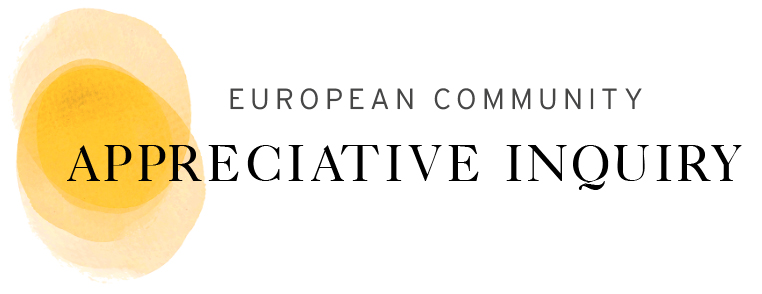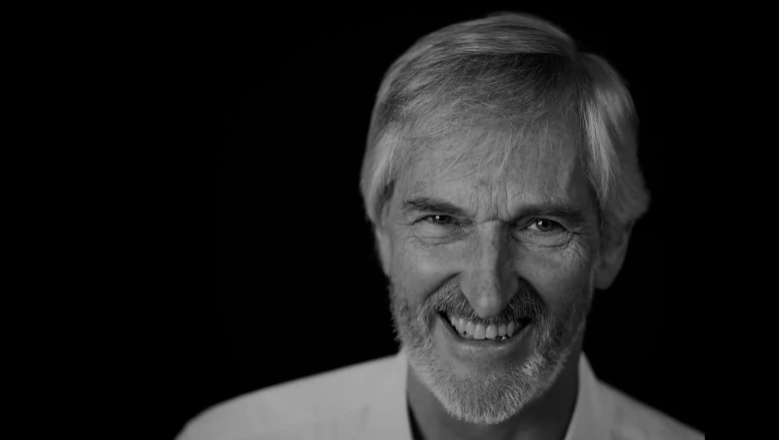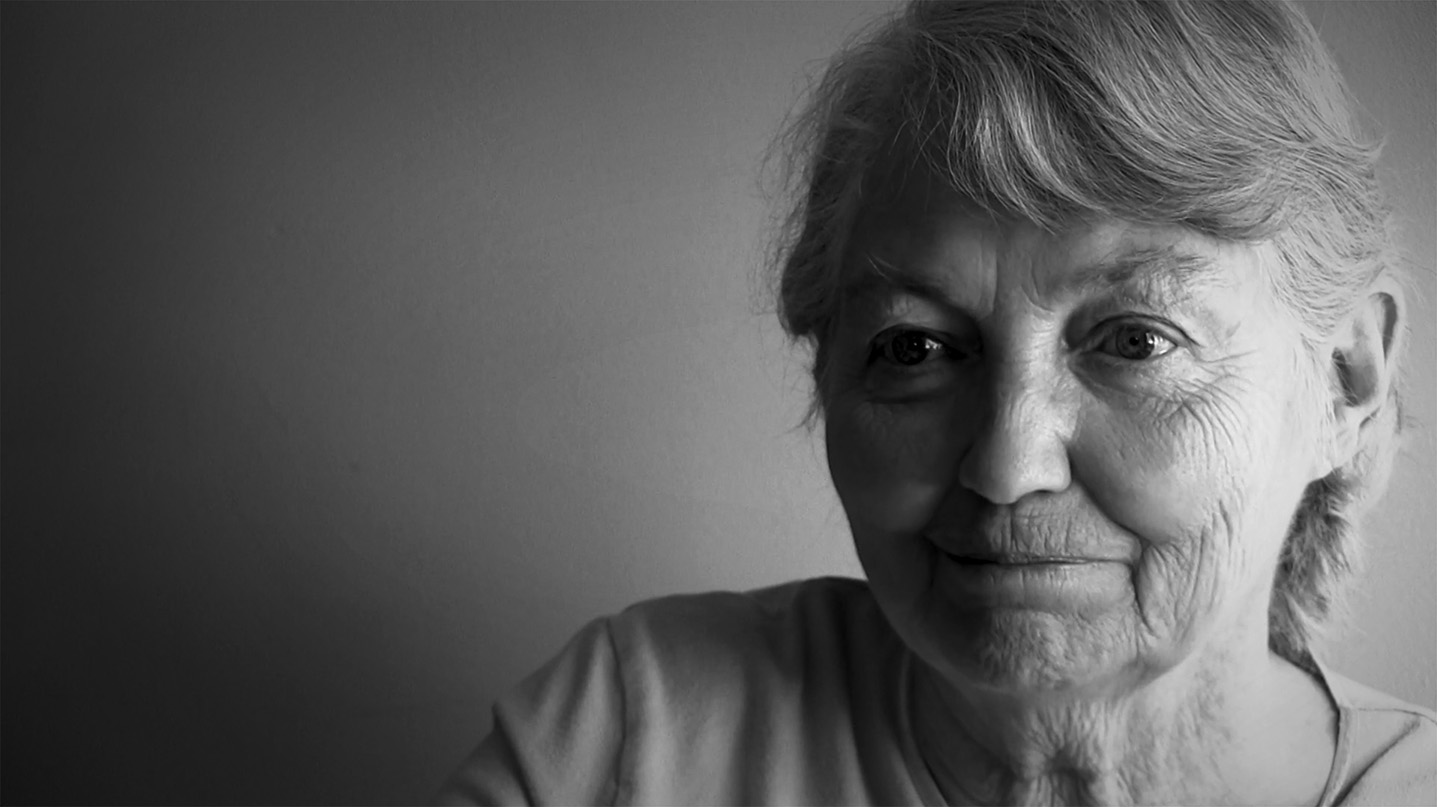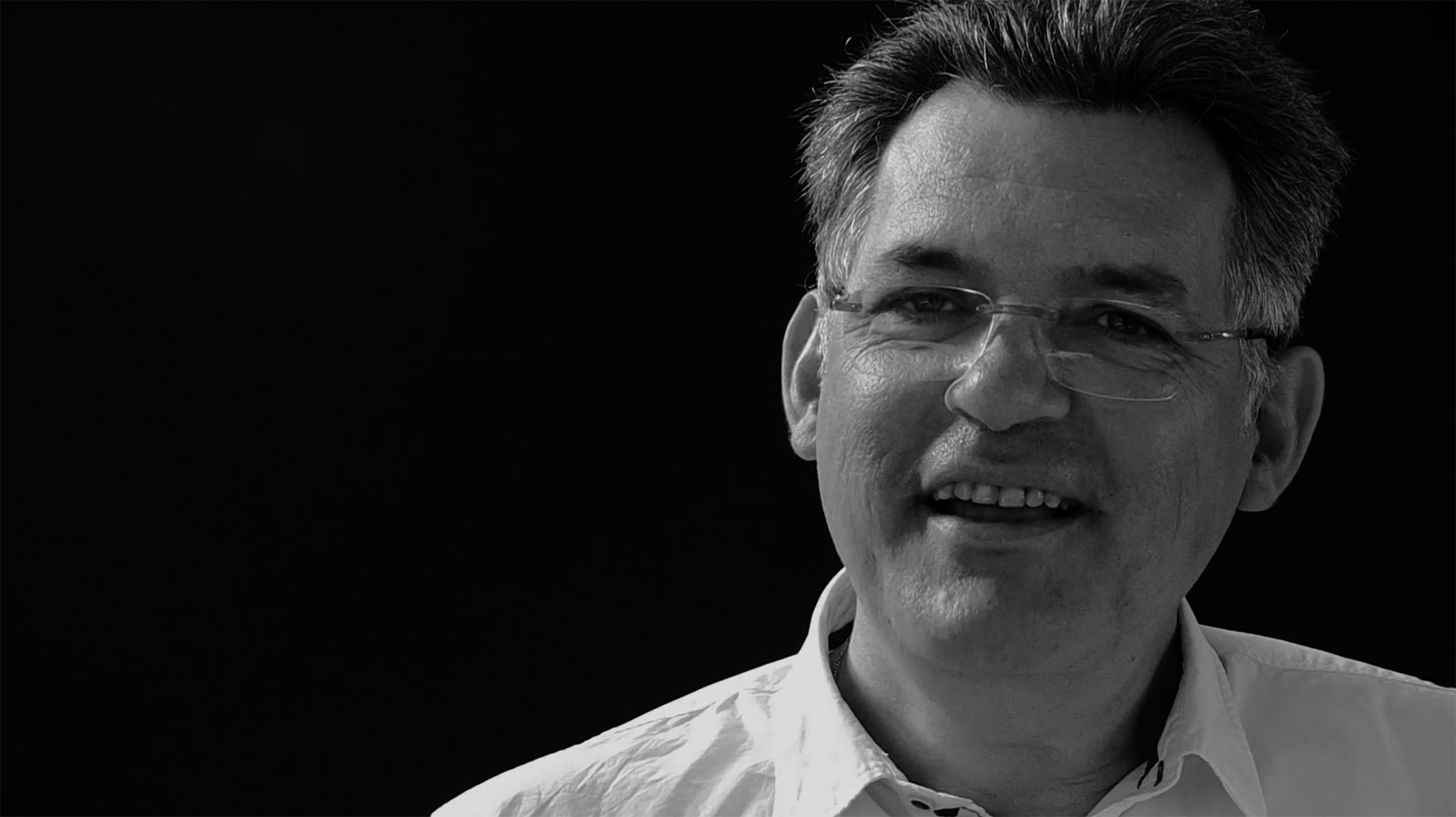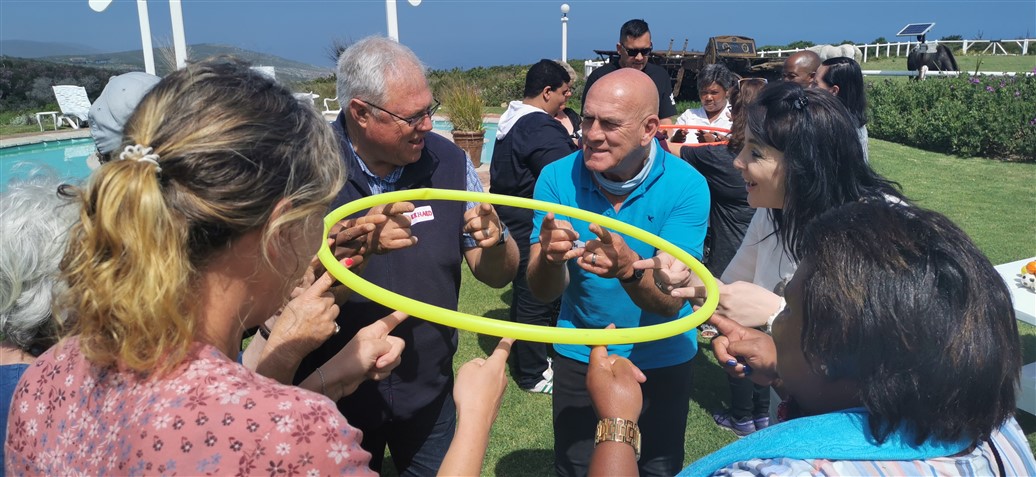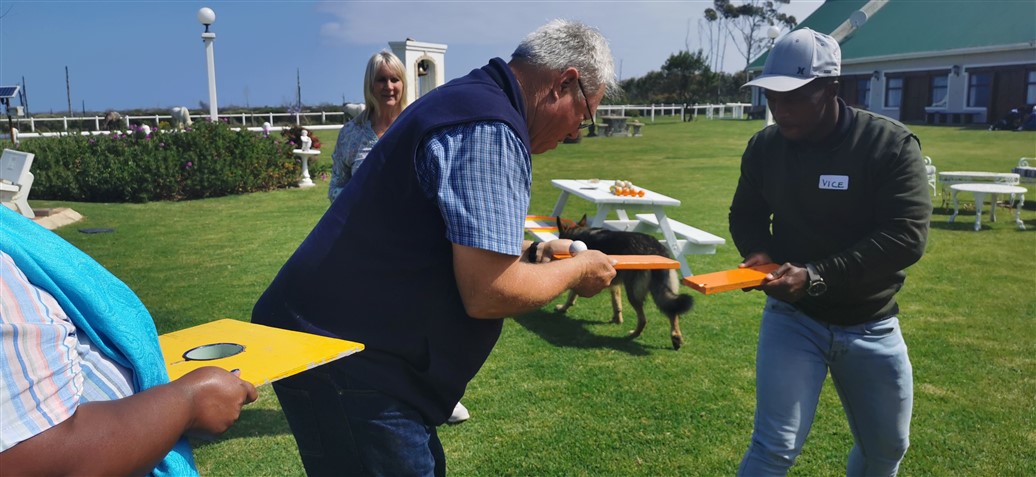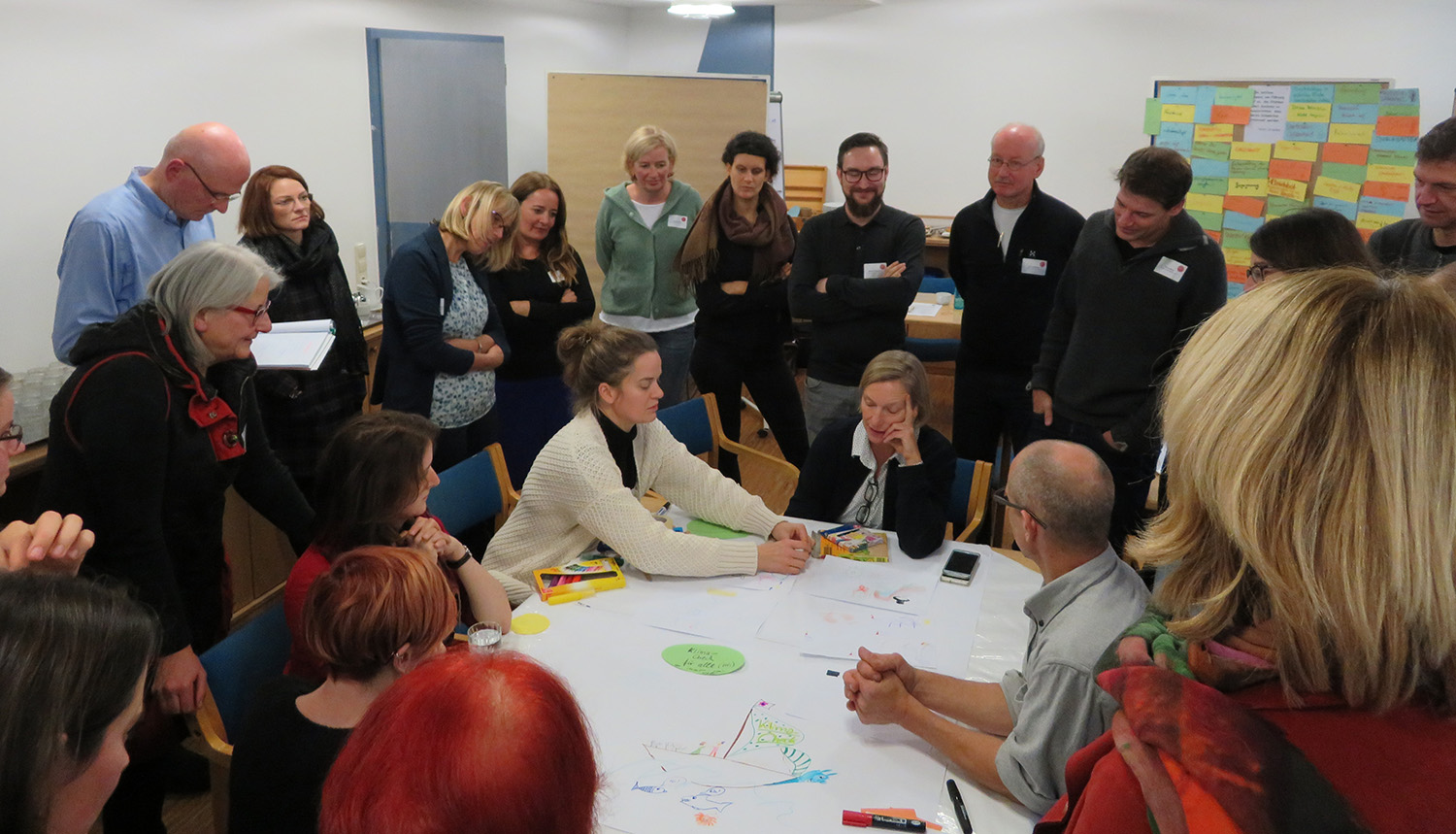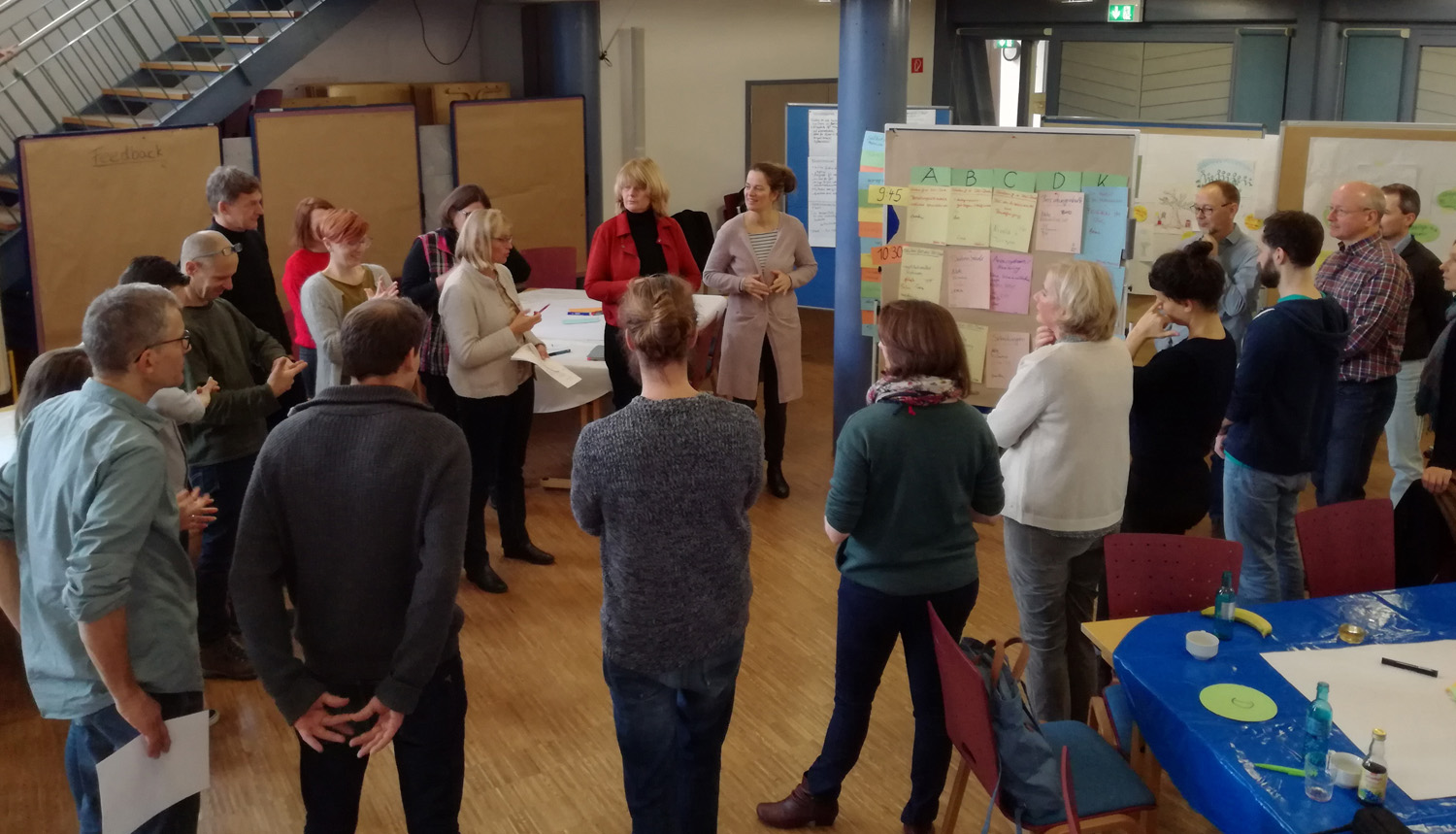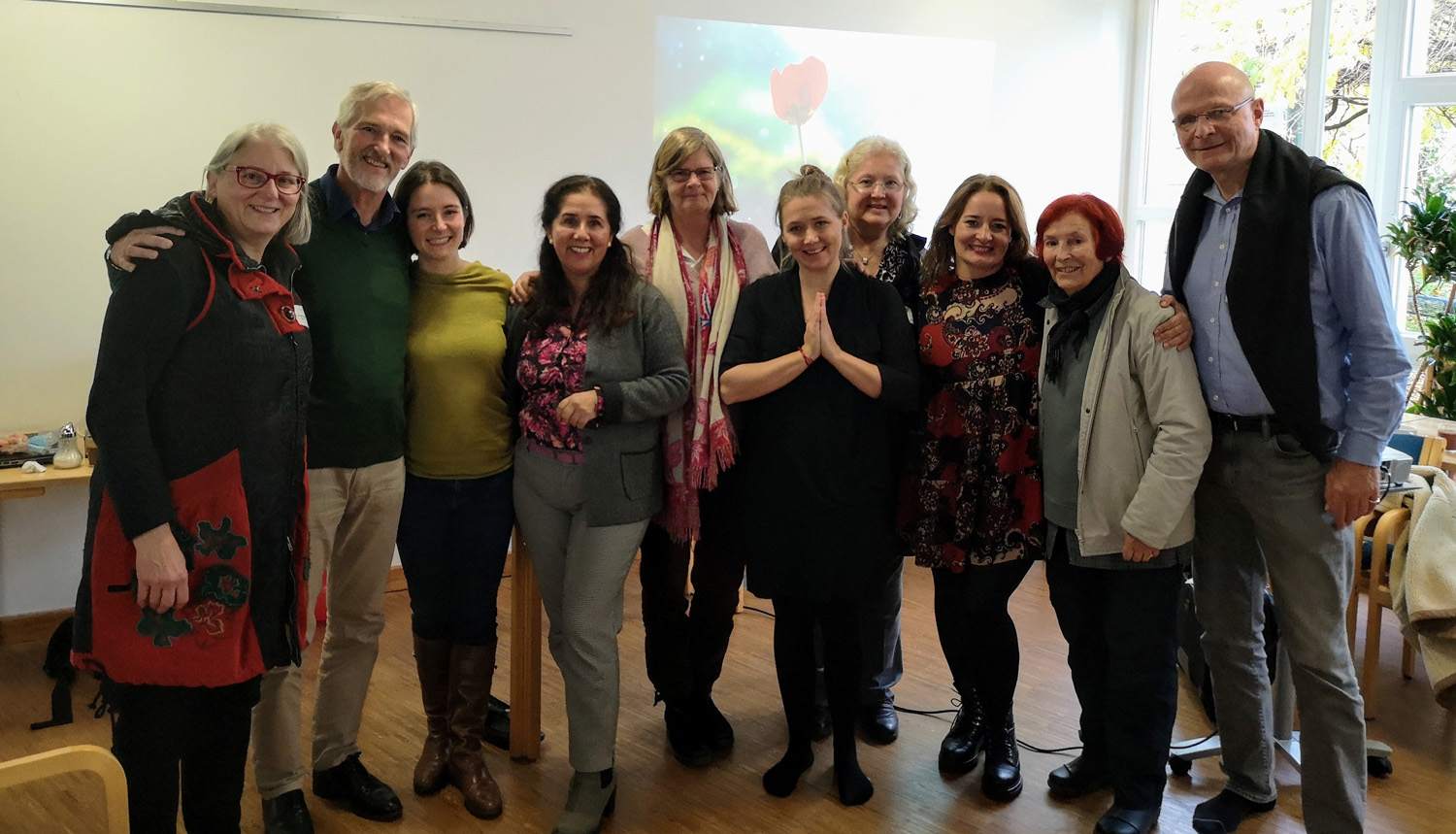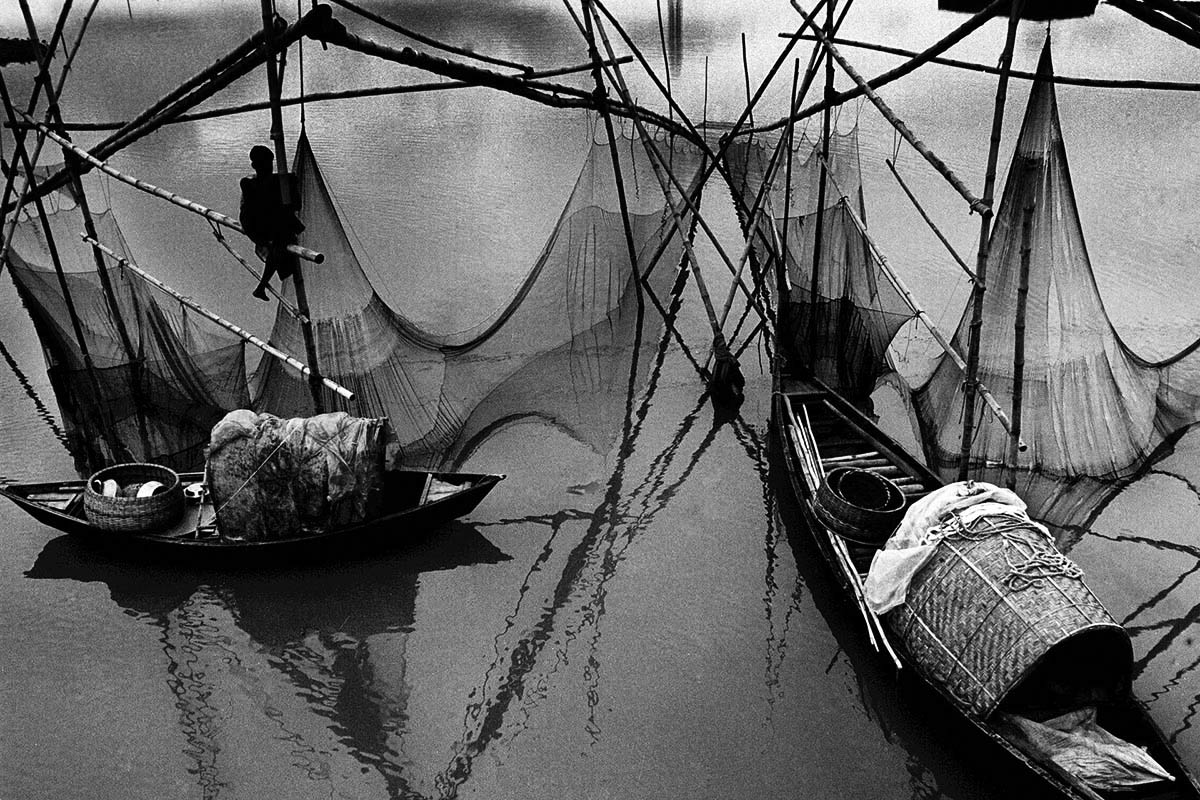While preparing our session Yvonne and I discovered the so-called untranslatable words: unique words that are being used in languages, such as: Joie de vivre -in French, Ubuntu – in Zulu and Xhola languages and Ikigai -in Japanese. They have developed in a language and adopted by other languages. The untranslatable words could be described in a few words, however it is almost impossible to find one equivalent word for it in any other language.
The meaning of Joie de vivre is to express a cheerful enjoyment of life. Ubuntu and Ikigai are more challenging words. Their meaning is not right away clear. Ubuntu originates from South African languages and means kindness arising from common humanity. The more famous expression is: I am because you are. Archbishop Desmund Tutu and Nelson Mandela often used the word in their speeches. Coaches of team sport use it to create a team spirit. The Japanese word Ikigai means the reason to get up in the morning. It originates from ancient Eastern philosophy. Ikigai has the potential to change your life and make you happier, because it challenges you to think about the reasons what motivates you to move on. Books on Ikigai are usually bestsellers.
Yvonne and I have the feeling that somehow the untranslatable words can give an extra dimension to AI. These words can bring new layers into the stories. Untranslatable words bring new light on different cultures and people, like the examples just given. The words were created in a specific place/country because there were unique circumstances (Ubuntu) or culture (Joie de vivre) and a need for a word to describe it.
We shared these reflections during our meeting and thereafter we were curious about the experiences of the participants. We formulated a question according to the principles of AI:
“Could you share with us the best language story that is out there?”
Each of us shared a unique story. It shows the broadness of the theme, as well as the universality of it. I have collected those stories and would like to share them with you. A few members came with stories related to untranslatable words. Tony came up with the untranslatable word “vasbyt” (persistently holding on). Cora mentioned the word “begeisterung”(accent, emphasis, alacrity, vivacity). In the past our network was often referred to as the Begeisterung Network. It was a way to capture the energy Appreciative Inquiry evokes.
Others told powerful stories. John shared his experiences as facilitator during the Balkan war. Yvonne came up with reflections on the sentence “Sous les pavés, la plage”. Gertraud shared two stories. One story is about her favourite teacher who taught non-native speakers like herself business English in an unforgettable way. Her second story tells of the power of asking AI questions. Vera presented a beautiful personal story on consciousness, gender roles and staying away from the guilt question. Joep elaborated on the many words the Dutch have related to water.
I hope you enjoy reading these stories and that they inspire you. For me they were eye-openers. I had a lot of fun working with Yvonne on the topics. I followed this up with conversations with my friends in Dhaka and got a deeper understanding of the culture and people of Bangladesh. Living in a country that went to war and fought for independence, because of their historical pride of Bangla, I couldn’t be in a better place to start this conversation.
Akkie
Dhaka, Bangladesh
NB
If you want to know more about AI and the principles I do recommend you watch
Jackie Kelm’s introduction to Appreciative Inquiry.
Dr Tim Lomas created a database with the untranslatable words he has found.
He has collected more than 1000 words, and the database is still growing.
